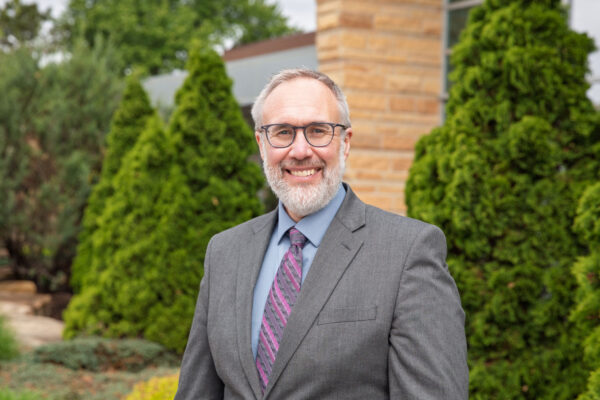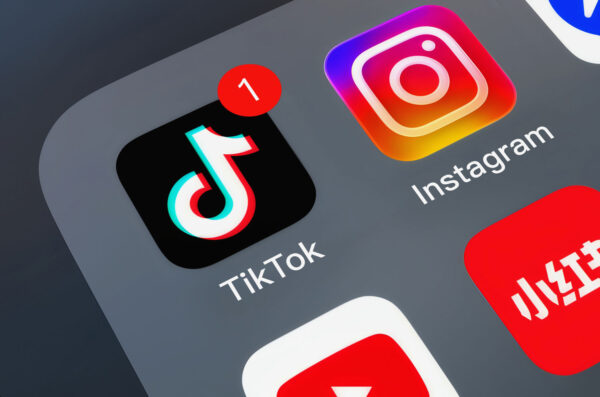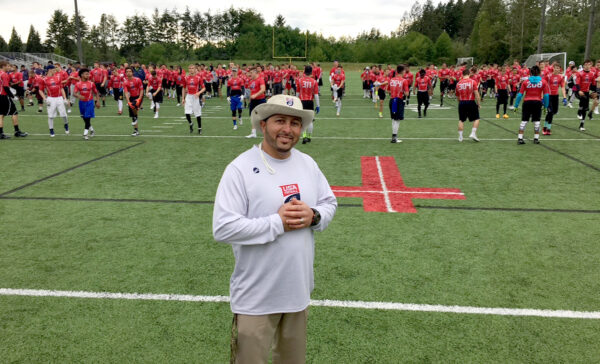By Douglas Esser
It’s a tragic complication for the families of children with chronic health conditions that their caregivers may experience symptoms of depression and sleep problems due to stress. For families with limited access to health care, it’s especially challenging.
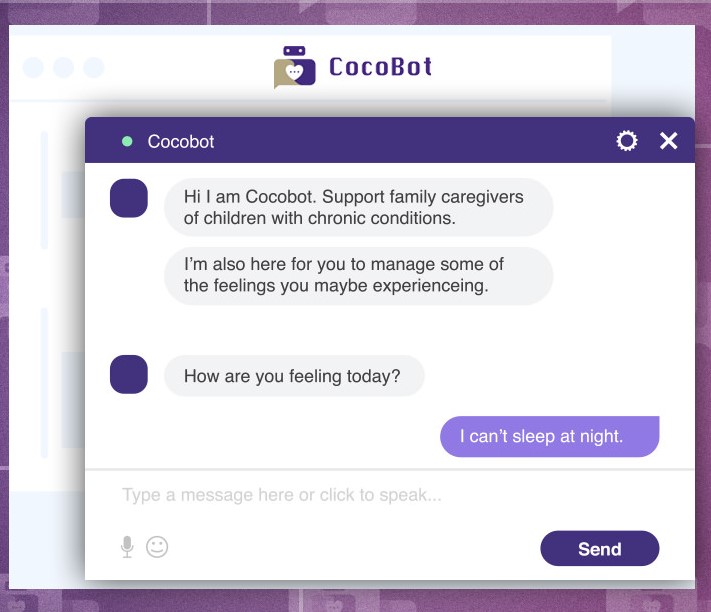
That’s one challenge the University of Washington is addressing through its Population Health Initiative. Launched in 2016, the initiative consolidates UW expertise to maximize potential impact for improving the wellbeing of all people.
This year, one of the six research projects funded by the initiative is the Tailored Self-Management Program for Caregivers of Children with Chronic Conditions (CocoBot). It’s a chatbot that will use artificial intelligence (AI) to give caregivers more than a link to resources. It aims to detect how caregivers are feeling and suggest self-help options that respond to their needs.
Applying AI to behavioral health
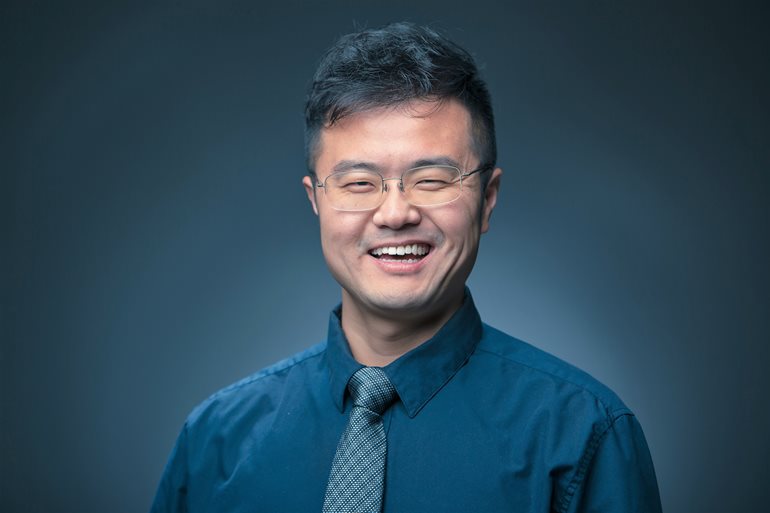
Dong Si, an assistant professor in the Division of Computing & Software Systems at UW Bothell’s School of Science, Technology, Engineering & Mathematics (STEM), is one of the primary investigators on the project.
Si became the software systems designer for CocoBot after talking with collaborators about data mining in bioinformatics and how they might use artificial intelligence to help caregivers.
Can people texting CocoBot feel as if they are communicating with a human counselor? Perhaps not quite yet, but Si has hopes for the future.
“AI can do a lot of things that are still being discovered,” said Si. “Hopefully in the future AI can show more empathy and support, understand humans more and become a real friend.”
At UW Bothell since 2016, Si mainly teaches machine learning and AI courses. His research focuses on applying those techniques to solve biomedical and social science problems.
Work under the $50,000 CocoBot grant began in spring of 2019. The first version should be ready in the spring of 2020 as an app for Apple and Android devices and online computers. Si expects it will be refined through subsequent versions with improvements such as voice recognition.
Team CocoBot
The other CocoBot primary investigator is Weichao Yuwen, an assistant professor in Nursing & Healthcare Leadership at UW Tacoma. The team also includes Sunny Chieh Cheng, another assistant professor in the nursing faculty at UW Tacoma, and Teresa Ward, a professor in the School of Nursing at the UW in Seattle who has a background in sleep problem research. Bill Erdly, associate professor in UW Bothell’s School of STEM, also is collaborating on the project.
The nursing faculty posed the problem and gathered data and input from caregivers to build a database.

In addition, the team includes undergraduate and graduate student researchers on all three UW campuses. Some volunteered because they have family members who are caregivers. “They understand the problem more deeply and are more dedicated,” Si said.
The UW Bothell students on the team are members of Si’s research group, Data Analysis & Intelligent Systems (DAIS).
Research opportunities for undergraduates
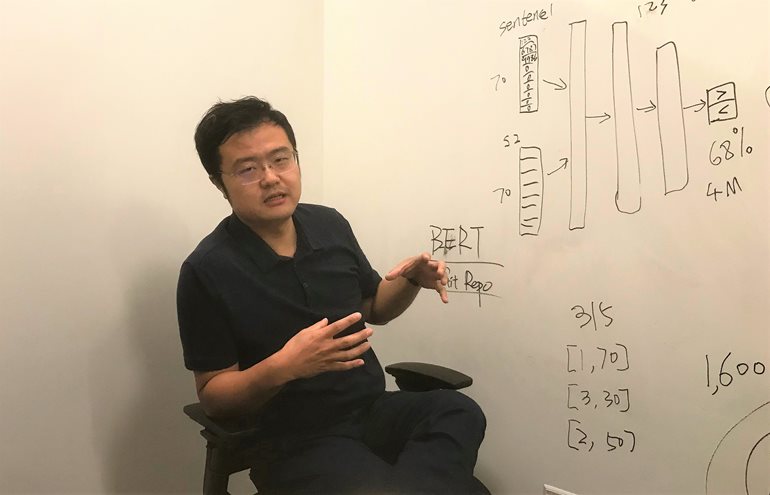
Si invites interested computing and software systems (CSS) students to join the CocoBot team or another of his projects. Opportunity for undergraduate research is a feature of UW Bothell. Any student can connect with faculty through the UW Bothell Undergraduate Research and Creative Practice Opportunities Database.
Some of the DAIS researchers are paid positions. Often published, the research also gives students a solid accomplishment to put on their resumes. With proven experience in artificial intelligence and machine learning, most of them have jobs lined up before they graduate, Si said. And, they earn more money than he does, he added with a laugh.
Si intentionally named his research group to form the acronym dais, which means an elevated table or platform.
“I hope my students who participate in projects like CocoBot can graduate and go to a higher stage,” said Si, who likes the academic freedom to choose his research.
“You can do whatever you want, like CocoBot,” he said.
Can we talk?
Could someone develop a relationship with a chat bot?
“Yes, I hope it would be possible in the future,” Si said. “AI researchers are incorporating emotions in new algorithms and applications — both in detecting and expressing human emotions. We can expect to hear more about emotional AI in the future.”
